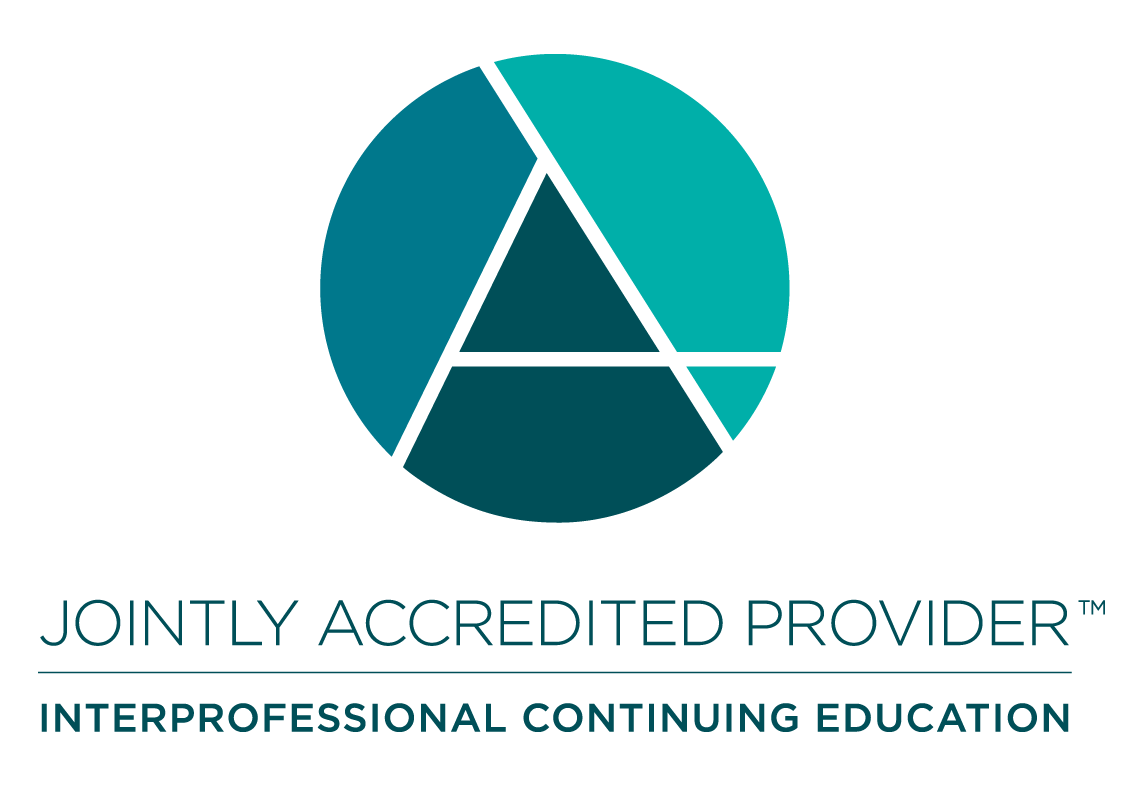University of Pittsburgh Health Sciences eLearning Environment Internet-based Studies in Education and Research
 INTRODUCTION
INTRODUCTION
 2/23/2021 - Medical Grand Rounds: Linking the Past and the Future: Using Medical History to Understand Current Issues In Health Care
2/23/2021 - Medical Grand Rounds: Linking the Past and the Future: Using Medical History to Understand Current Issues In Health Care
 QUIZ
QUIZ
 EVALUATION
EVALUATION
 CERTIFICATE
CERTIFICATE
Credit Hours: CME 1.00
Faculty, residents, fellows, and community physicians in General Internal Medicine and subspecialties.
Upon completion of this activity, participants should be able to:
- Explain why the study of the past can help physicians to think about and improve their performance in the present
- Demonstrate how understanding the historical context of health can improve the delivery of patient care by creating more informed clinicians.
- Inform physicians about the history of medicine in their own community to provide the context to understand why current systems of patient care and health care finance have evolved and what that can mean for their future practice.
Suggested additional reading:
- Andrew T. Simpson, The Medical Metropolis: Health Care and Economic Transformation in Pittsburgh and Houston (Philadelphia: University of Pennsylvania Press, 2019)
- Howell, Junia, Sara Goodkind, Leah Jacobs, Dominique Branson and Elizabeth Miller. 2019. "Pittsburgh's Inequality across Gender and Race." Gender Analysis White Papers. City of Pittsburgh's Gender Equity Commission.
- Special Section on Health Care and Urban Revitalization, Journal of Urban History. No. 42 Vol 2 March 2016
 In support of improving patient care, the University of Pittsburgh is jointly accredited by the Accreditation Council for Continuing Medical Education (ACCME) and the Accreditation Council for Pharmacy Education (ACPE), and the American Nurses Credentialing Center (ANCC), to provide continuing education for the healthcare team.
In support of improving patient care, the University of Pittsburgh is jointly accredited by the Accreditation Council for Continuing Medical Education (ACCME) and the Accreditation Council for Pharmacy Education (ACPE), and the American Nurses Credentialing Center (ANCC), to provide continuing education for the healthcare team.The University of Pittsburgh School of Medicine designates this enduring material activity for a maximum of 1.0 AMA PRA Category 1 Credit[s]™. Physicians should only claim credit commensurate with the extent of their participation in the activity. This educational activity is approved for 1.0 contact hours.
Other health care professionals will receive a certificate of attendance confirming the number of contact hours commensurate with the extent of participation in this activity.
Dr. Simpson discloses that his wife is current an employee of Kindred Health Care. She is a regional director of business development in the acute rehabilitation division.
The University of Pittsburgh School of Medicine is accredited by the Accreditation Council for Continuing Medical Education (ACCME) to provide continuing medical education for physicians.
The University of Pittsburgh School of Medicine designates this enduring material for a maximum of 1.0 AMA PRA Category 1 Credits™. Each physician should only claim credit commensurate with the extent of their participation in the activity.
Other health care professionals are awarded (0.1) continuing education units (CEU) which are equivalent to 1.0 contact hours.
The University of Pittsburgh is an affirmative action, equal opportunity institution.